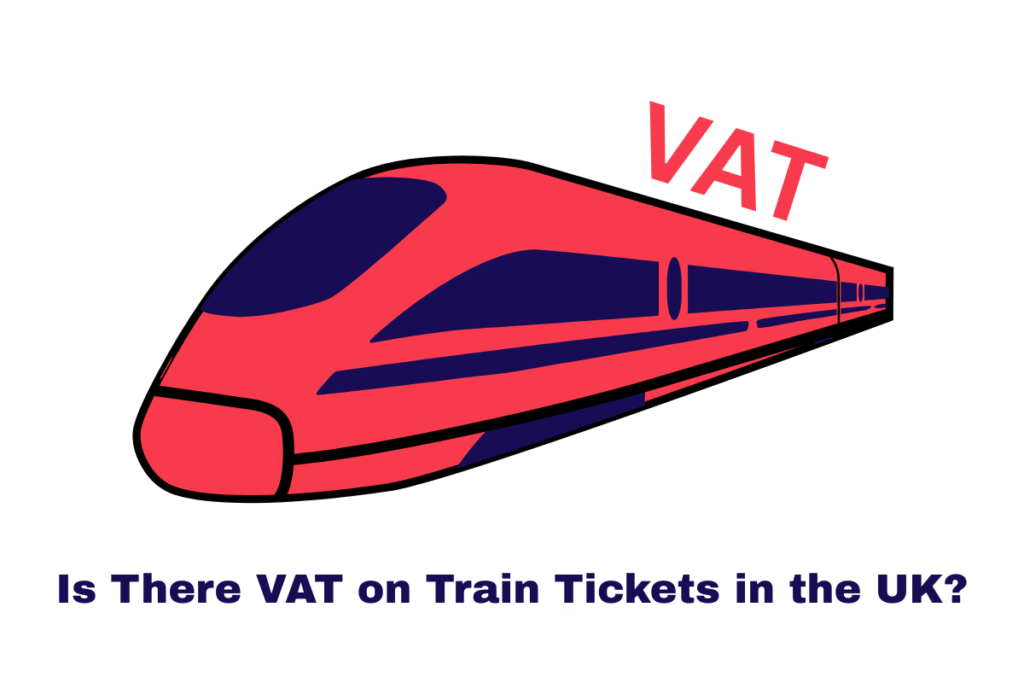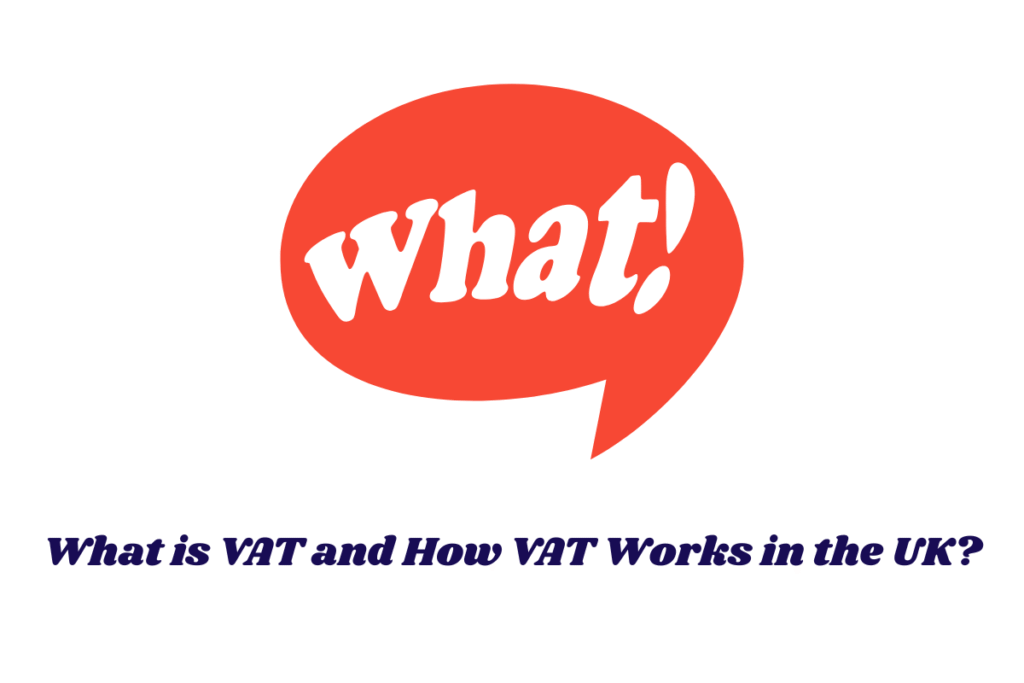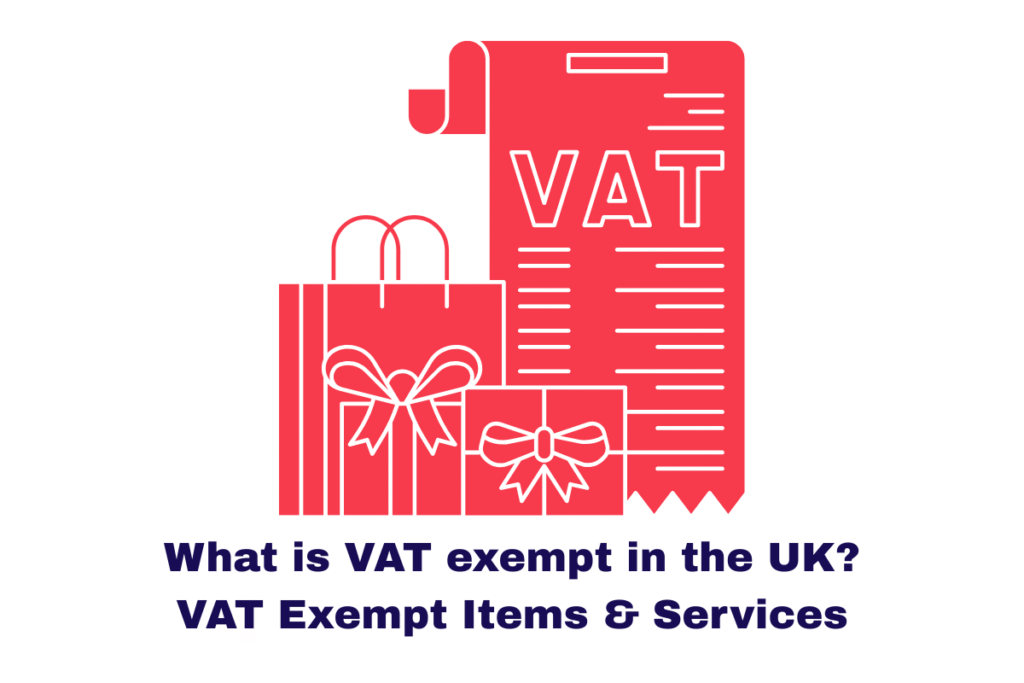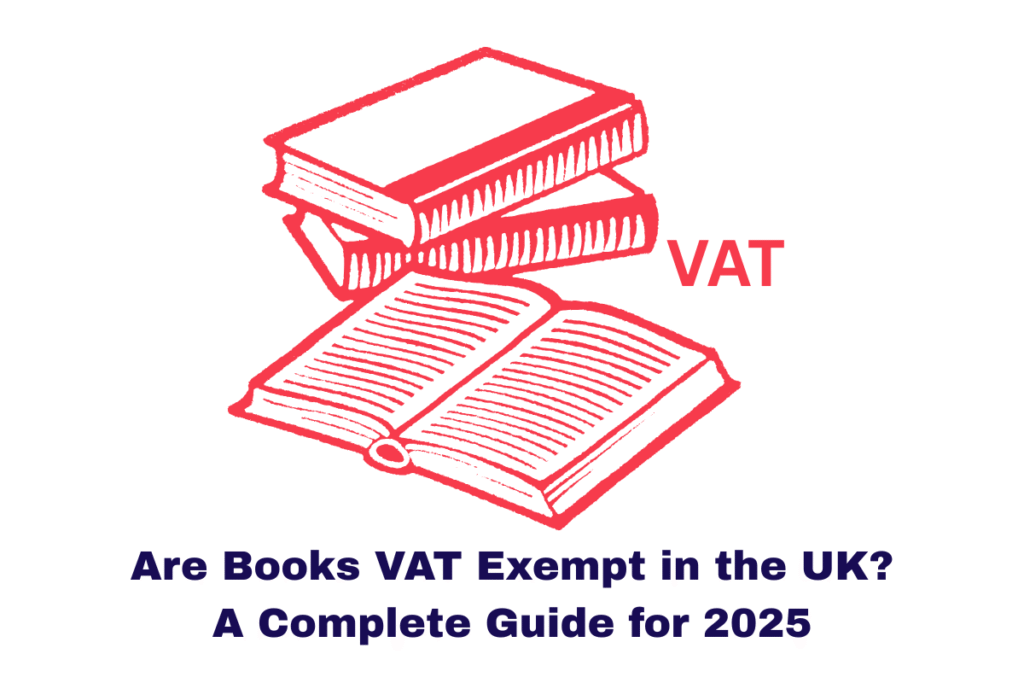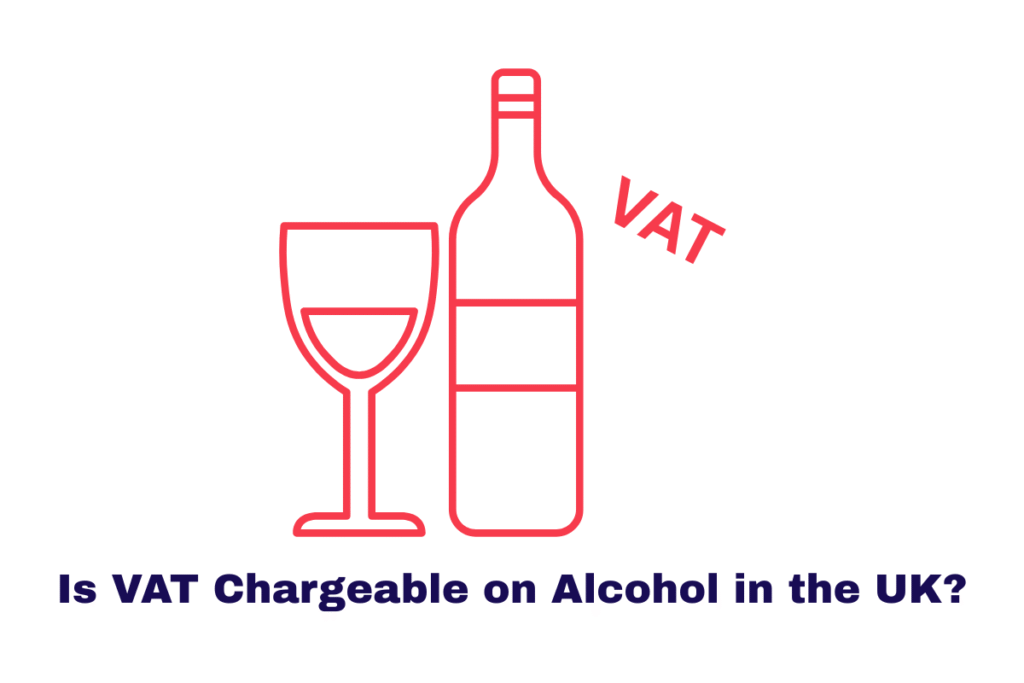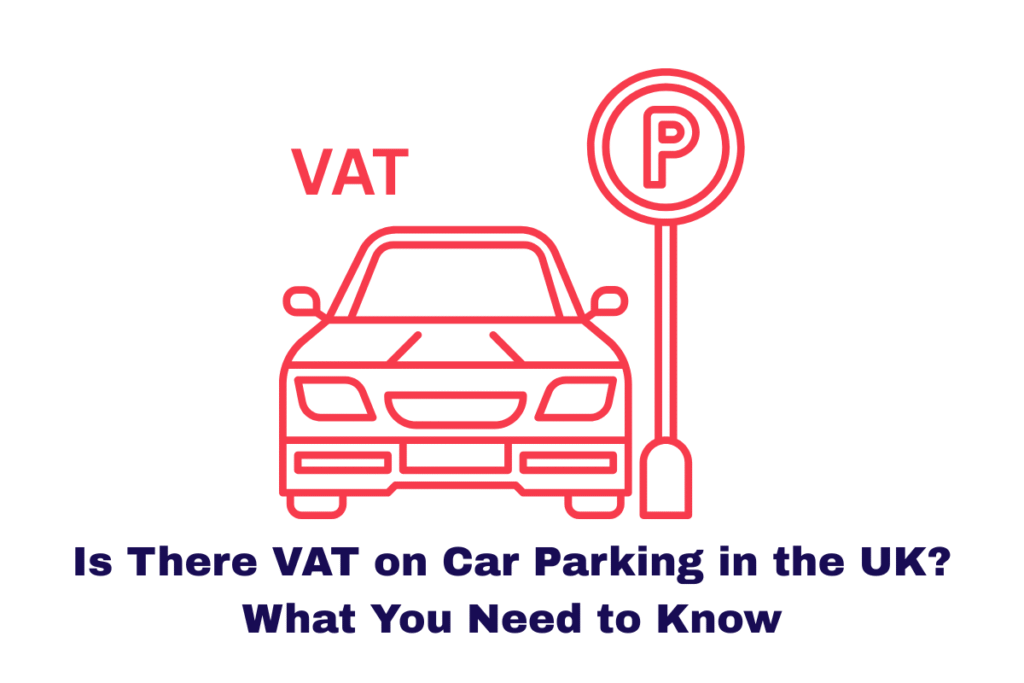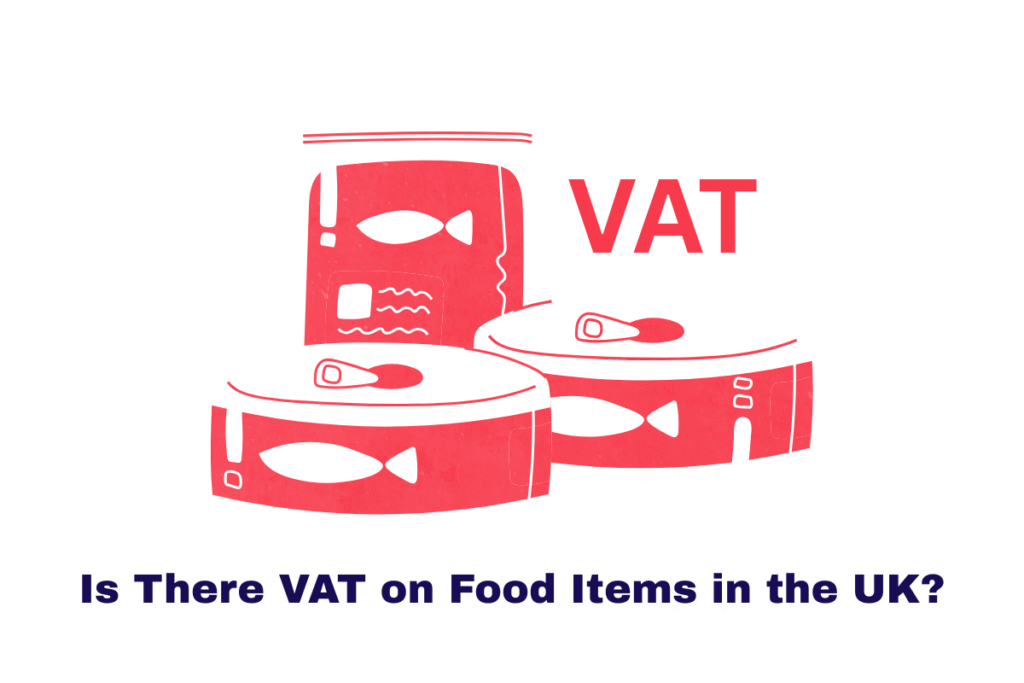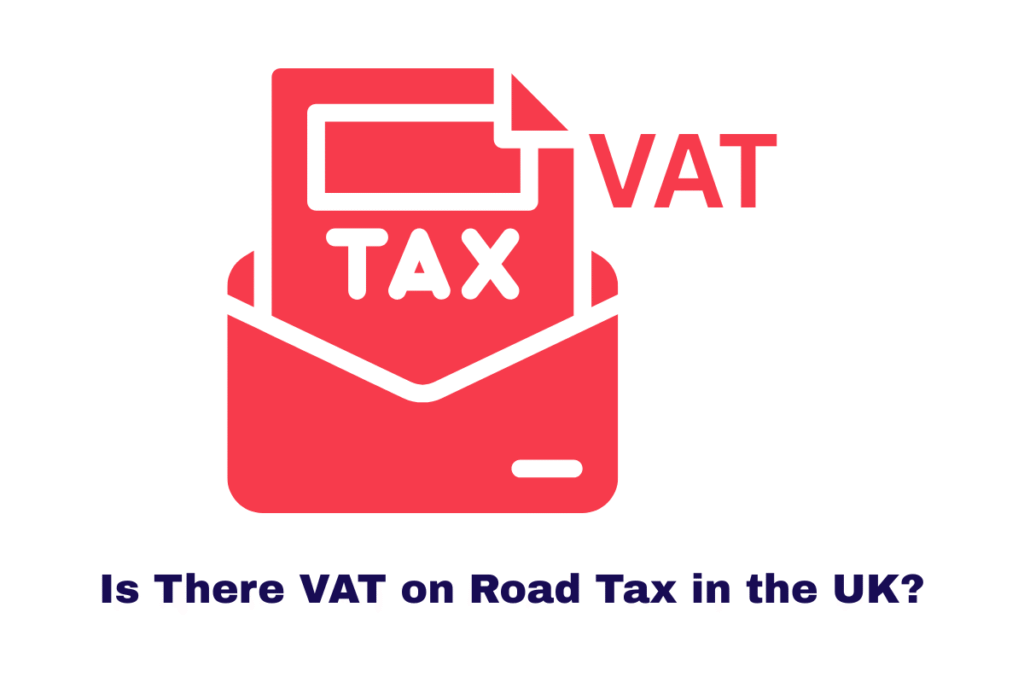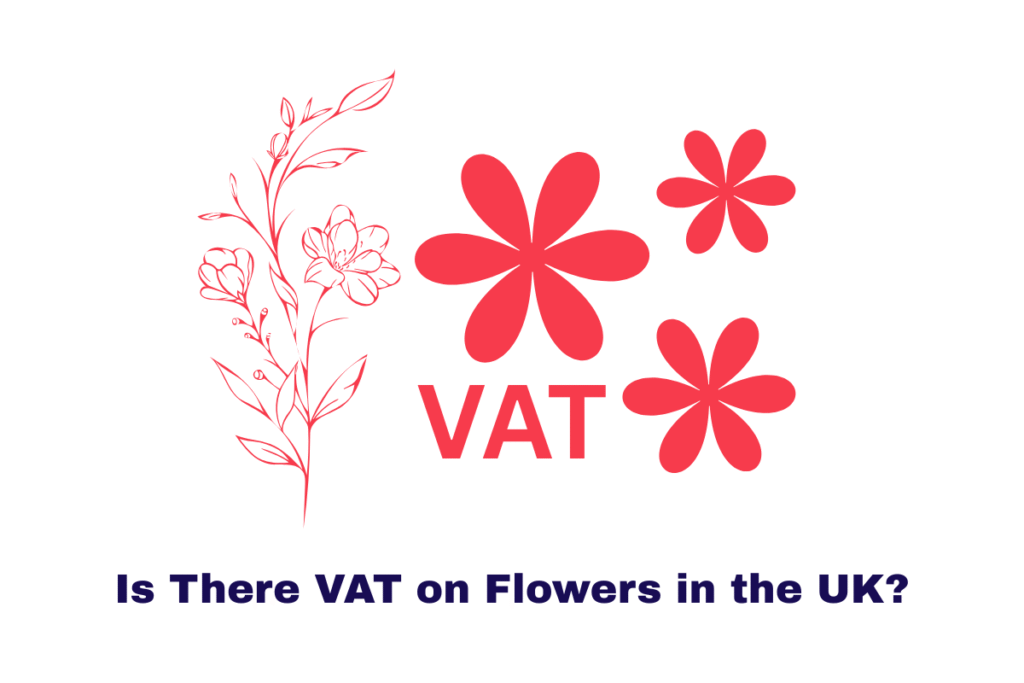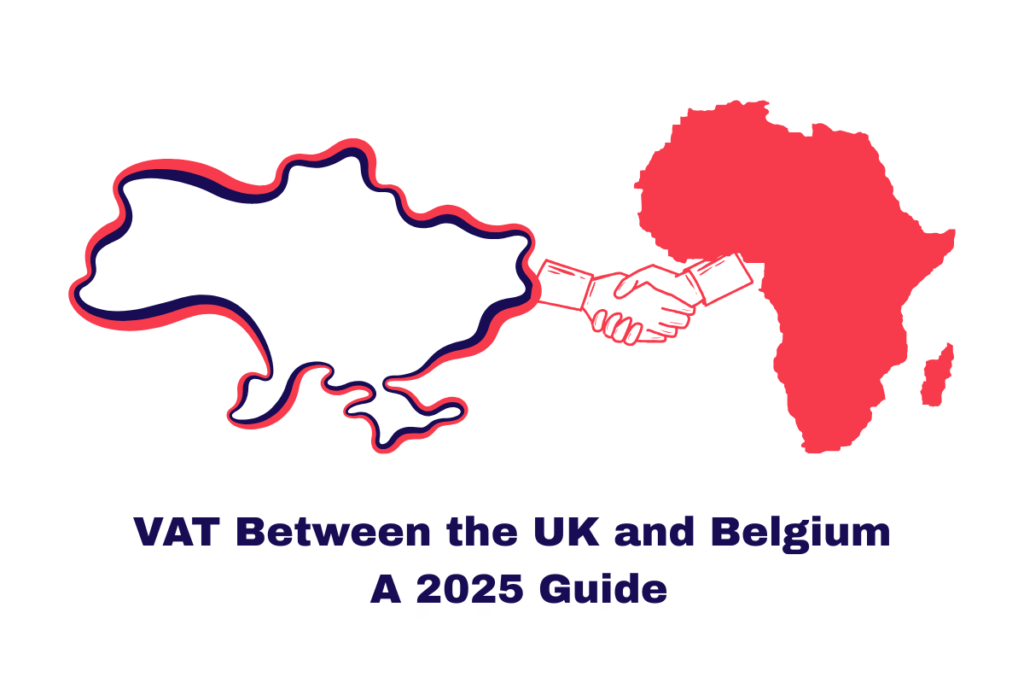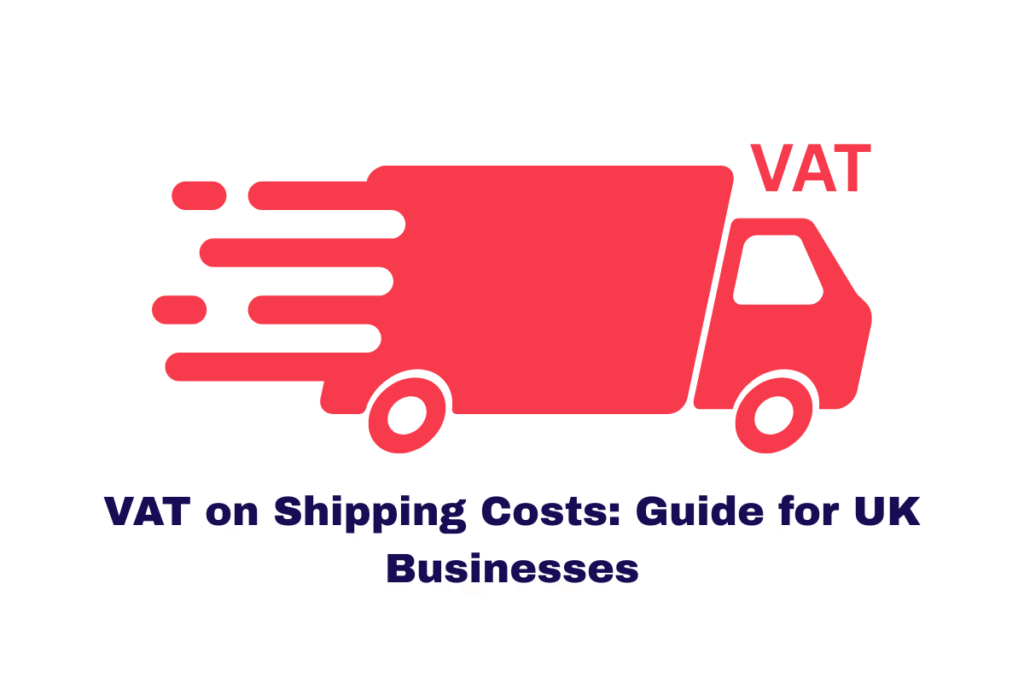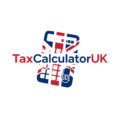VAT on train tickets in the UK refers to how Value Added Tax is applied, or exempted on domestic and international rail travel under HMRC regulations.
Most standard passenger train fares in the UK are zero-rated for VAT, meaning no VAT is charged to travelers. However, certain ancillary services such as onboard catering, first-class upgrades, or business travel packages may attract VAT at the standard rate.
Understanding these distinctions helps both commuters and businesses manage travel expenses accurately and comply with UK tax law.
What Is VAT and How Does It Apply to Transport?
Value Added Tax (VAT) is a consumption tax levied on the sale of most goods and services in the UK. The standard rate is currently 20%, with reduced and zero-rated categories applicable to certain products and services.
However, when it comes to passenger transport, including train journeys, the rules are a bit different. The UK government offers certain VAT exemptions to ensure public transportation remains affordable and accessible.
Is There VAT on Train Tickets?
The short answer is no, there is usually no VAT on train tickets in the UK. Train fares for domestic passenger transport are typically exempt from VAT under Group 8, Schedule 9 of the Value Added Tax Act 1994.
This means:
- Standard train fares (including off-peak, anytime, and return tickets) are VAT exempt.
- Season tickets used for regular commuting are also exempt from VAT.
- Advance tickets purchased ahead of time benefit from the same VAT exemption.
According to HMRC Notice 744, the exemption applies to all forms of qualifying passenger transport by land, water or air within the UK.
Read Our more Detailed Guides on VAT:
Is There VAT on Flowers in the UK?
Are Books VAT Exempt in the UK? A Complete Guide for 2025
Is VAT Chargeable on Alcohol in the UK?
When Does VAT Apply to Train Tickets?
While most train tickets are VAT exempt, some services and add-ons are taxable. It’s crucial to understand these to avoid unexpected charges.
Here are some cases where VAT on train tickets does apply:
1. First-Class Upgrades
- If the upgrade includes additional services (e.g., complimentary food or Wi-Fi), then VAT may apply to the portion of the fare that reflects the upgrade.
- Some train companies split the base fare and the luxury element, charging VAT only on the latter.
2. Catering Services
- Food and drink purchases onboard trains are subject to 20% VAT if served hot or consumed on the train.
- Cold takeaway items may qualify for zero-rating depending on their nature.
3. Sleeper Cabins
- Sleeper services, such as those on overnight routes, may include VAT on the accommodation element.
- VAT may also apply if any bundled packages include food or services.
4. Reservation Fees and Extra Services
- Charges for seat reservations, bicycle storage, or pet travel could be subject to VAT.
- These items are often classified separately from the ticket fare and fall outside the exemption.
Is VAT Charged on Public Transport More Broadly?
The principles around VAT on train tickets are similar to those applied across public transport in the UK.
- Buses, trams, and underground services are generally VAT exempt.
- Ferry services and domestic flights are also exempt if they meet certain conditions under HMRC regulations.
However, private transport services, like chauffeured cars, taxis, or ride-hailing apps, are usually standard-rated at 20%.
For more, check HMRC VAT Notice 700/24 for guidance on VAT in the transport sector.
Zero-Rating vs. VAT Exemption
To truly understand the tax status of rail travel, we must first master the language of VAT. Many assume that because they do not see a VAT charge on their ticket, the supply is simply exempt.
This is a critical error in accounting. The legal status of domestic passenger transport in the UK, as stipulated by HMRC, is predominantly zero-rated.
What Does ‘Zero-Rated’ Truly Mean for VAT on Train Tickets?
Zero-rating, where the VAT rate is 0%, is a special category of VATable supply. Unlike a standard-rated supply (20%) or a reduced-rated supply (5%), no VAT is charged to the final consumer.
Crucially, unlike a VAT-exempt supply, the provider (the train operating company) is still making a taxable supply and, therefore, remains entitled to reclaim any input VAT incurred on its associated costs (e.g., fuel, track access charges, administrative costs, maintenance).
This mechanism is what makes the zero-rated status so beneficial for the public and the rail operators:
- Consumer Benefit: Passengers pay no VAT on the fare, keeping the travel cost lower than if the standard 20% rate were applied.
- Operator Benefit: The train companies can still recover their input VAT, meaning the government effectively subsidises the sector by absorbing the cost of VAT on the operators’ purchases.
This policy ensures that while the supply of rail transport is within the scope of VAT, the rate is set to 0%. When asking, Are trains VAT exempt or zero-rated? the expert answer is unequivocally zero-rated.
A supply that is VAT-exempt, such as certain financial services or property transactions, prevents the supplier from reclaiming any related input VAT, which would necessitate higher pricing to the consumer—a scenario the UK government sought to avoid for public transport.
The relevant legislation concerning the transport of passengers is found within Group 8 of Schedule 8 to the VAT Act 1994, which details that the transport of passengers in a vehicle, ship or aircraft designed to carry ten or more people is zero-rated, subject to specific exclusions we will cover later.
This is the bedrock of why the core fare of your rail journey has no included VAT to reclaim.
What Does This Mean for Businesses?
If you’re a VAT-registered business that reimburses employees for travel:
- Standard rail fares cannot be reclaimed for VAT because they are exempt.
- However, VAT on extras such as first-class upgrades or onboard meals can be reclaimed provided you have a valid VAT invoice or receipt.
💡 HMRC requires businesses to retain accurate records, including receipts and invoices, for any VAT reclaim.
For detailed guidance on claiming travel-related VAT, see HMRC Input Tax Rules.
Can Tourists Claim VAT Refunds on Train Tickets?
In most cases, tourists cannot claim VAT refunds on standard train tickets, because these are exempt, not zero-rated. VAT refunds are only possible for goods or services where VAT has been charged.
That said, if a tourist has paid for premium services, such as a first-class berth with food, they may be eligible to reclaim the VAT element through schemes like the VAT Retail Export Scheme, provided criteria are met.
Can You Claim Back VAT on Rail Tickets? The Business Perspective
One of the most frequent questions I encounter as a tax advisor from VAT-registered businesses is about the recoverability of travel costs.
Given the complexity, it’s understandable why corporate finance teams want absolute clarity on the position of VAT on train tickets.
The Unwavering Answer: No Input VAT to Reclaim
Since the supply of the core passenger transport service is zero-rated (0% VAT), there is no Value Added Tax for a business to reclaim.
For a business to reclaim input VAT, two criteria must be met:
- The business must be VAT-registered.
- The expense must be a valid business expense and must have had a VAT charge applied to it.
Since the VAT charged on a zero-rated ticket is literally £0.00, the amount of input VAT recoverable is also £0.00. Therefore, if you are asking, Is there VAT on rail tickets in the UK?, the answer in terms of reclaimable tax is a functional “no” on the fare itself.
Tax Deductibility vs. VAT Recovery
It is paramount for any business accounting for travel expenses to distinguish between VAT recovery and the broader concept of tax deductibility.
- VAT Recovery: Relates purely to the reclaim of input VAT from HMRC via the quarterly or monthly VAT return (Form VAT 100). As established, this is not applicable for rail fares.
- Corporation Tax/Income Tax Deductibility: The full cost of the train ticket, including the fare, is a legitimate business expense. This means the entire cost, as it appears on your receipt, is deductible from your company’s profits before calculating your Corporation Tax or Income Tax liability.
For businesses, the primary focus should therefore be on ensuring the travel expense is properly recorded to reduce your taxable profit, rather than searching for non-existent input VAT.
Can You Get a VAT Receipt for Train Tickets?
The need for accurate financial documentation is non-negotiable for tax compliance. When a business pays for a standard-rated service, they are legally required to hold a valid VAT invoice to substantiate any VAT reclaim. This leads directly to the question: Can you get a VAT receipt for train tickets?
Why Full VAT Invoices are Not Always Issued
A typical train ticket or printout will not qualify as a full VAT invoice. This is because a full VAT invoice is only legally required to be issued when the total VATable supply exceeds a certain threshold (currently £250) or if a customer requests one for a standard-rated or reduced-rated supply where they need to reclaim the tax.
Since the core supply of passenger transport is zero-rated, the ticketing system is not designed to generate a document detailing a VAT amount because the VAT amount is £0.00.
A standard train ticket serves as a valid proof of purchase for business expense purposes but is not a VAT Invoice in the way that one would be provided for a standard-rated hotel stay or professional service.
For business accounts, the best documentation is the ticket itself or a digital booking confirmation/receipt from the train operator or booking platform.
This document must clearly show the vendor (the operator), the cost, and the date. While you won’t see a breakdown of the VAT rate, its absence is the very confirmation that the zero-rated status applies.
The Nuance of VAT on Train Tickets from Aggregators
This brings us to digital platforms. Many travellers book via third-party vendors, which prompts the question: Do Trainline tickets have VAT?
The VAT status of the transport service itself is governed by HMRC and the operator, not the platform through which it is sold. Whether you buy directly from National Rail, LNER, Great Western Railway, or through a ticket aggregator like Trainline, the rail fare remains zero-rated.
However, aggregators and ticket agents often add separate charges which are standard-rated:
- Booking Fees/Admin Charges: Any fee charged by the platform for the convenience of booking, downloading, or managing the ticket is typically a standard-rated (20%) service. This means a valid VAT receipt should be obtainable for this small fee component, which can then be reclaimed by a VAT-registered business.
- Ancillary Services: Any value-added services offered by the platform, such as ticket insurance, SMS confirmations, or seat selection fees (if separate from the fare), may also be standard-rated.
Therefore, when processing expenses from digital platforms, you must carefully segment the charge into two parts: the zero-rated rail fare and the standard-rated booking fee. This level of detail elevates the quality of your E.E.A.T.-compliant financial reporting.
Summary: What You Need to Remember
Let’s break it down:
| Train Travel Component | VAT Status |
| Standard train fares | Exempt |
| Season tickets | Exempt |
| Advance tickets | Exempt |
| First-class upgrade (extras) | VAT may apply |
| Food and drink onboard | Standard 20% VAT |
| Sleeper cabins with services | VAT may apply |
| Reservation and pet/bike fees | VAT may apply |
The Bottom Line
Understanding VAT on train tickets is crucial whether you’re a commuter, tourist, or business traveller. While most standard fares are VAT exempt, extras like food, sleeper berths, and upgrades can trigger VAT.
Always read the fine print, request itemised receipts where applicable, and consult HMRC’s official guidance if unsure. This knowledge can help you avoid hidden costs, stay compliant, and even reclaim VAT where appropriate.
The content provided on TaxCalculatorsUK, including our blog and articles, is for general informational purposes only and does not constitute financial, accounting, or legal advice.
You can also visit HMRC’s official website for more in-depth information about the topic.
